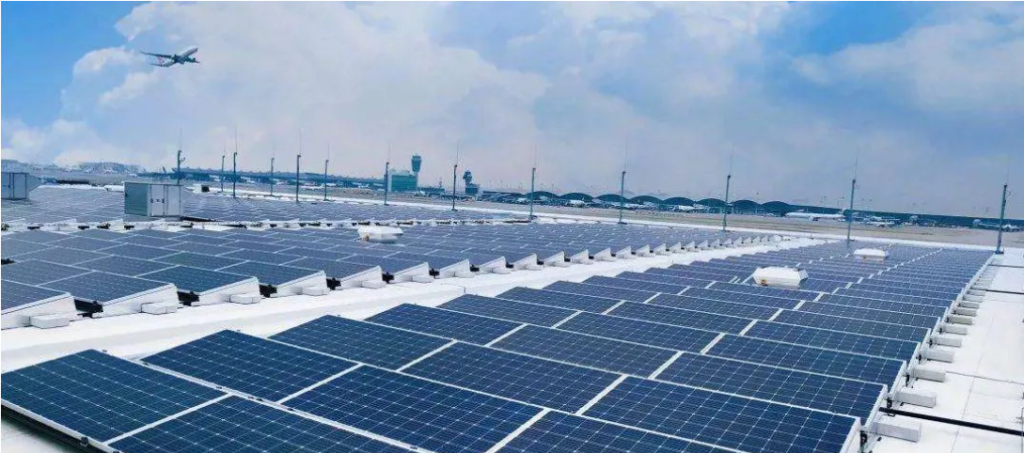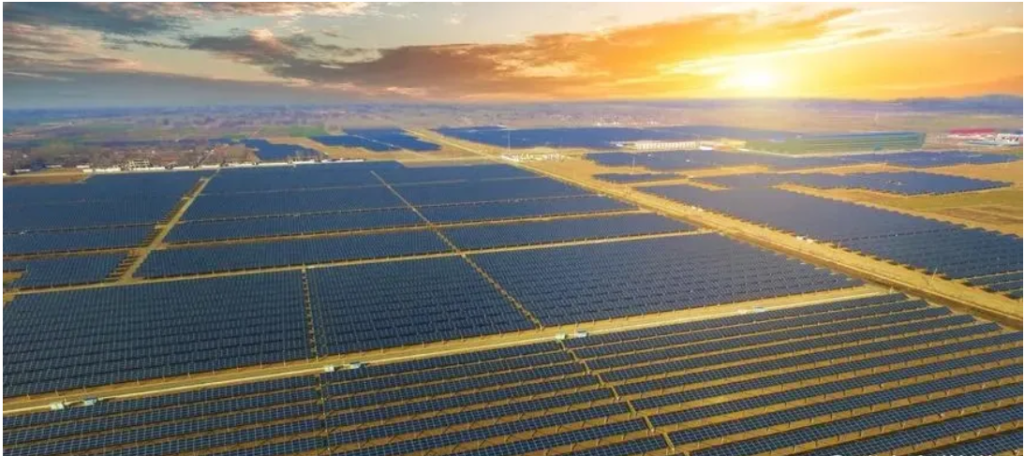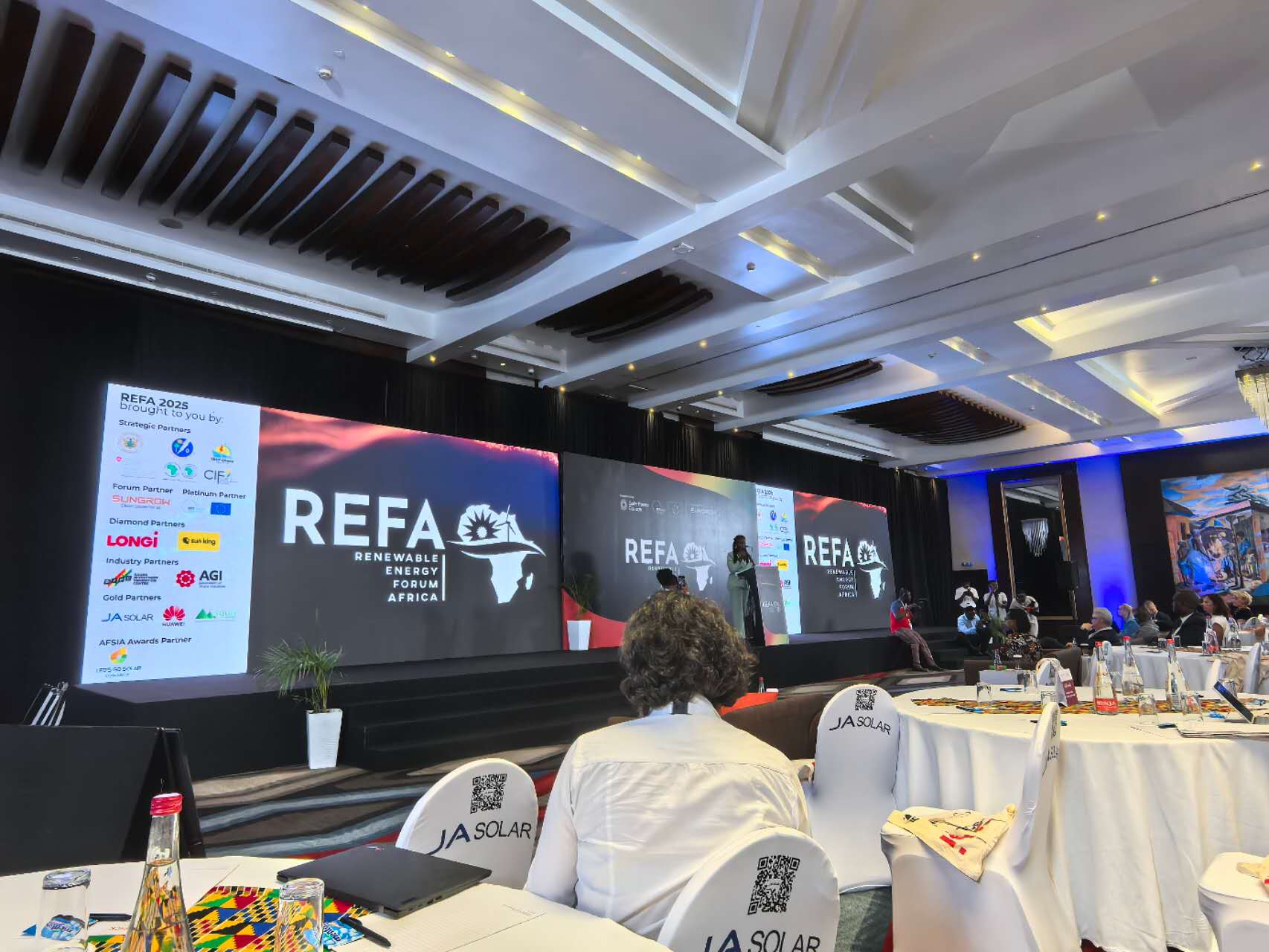Photovoltaic power generation projects can not only bring economic and social benefits, but also bring ecological benefits. Under the vision of carbon neutrality, it is of practical significance to study the combination of PV projects and ecology. In the whole process of the construction and implementation of PV power stations, it is necessary to monitor and evaluate the ecological effects, so as to help the rural revitalization with the ecological programs in PV power stations and drive social benefits. Innovate “PV+Ecology” research, improve the synergy between PV power stations and the ecological environment, assist China’s PV manufacturing enterprises, power construction enterprises and power grid enterprises to go global, and promote the realization of the “double carbon” goal.

1. Advantages of photovoltaic power generation
The traditional power industry is a typical industry that relies on coal for survival. Half of the coal developed in China every year is used for power generation. So the carbon emission reduction of the energy system plays a decisive role in achieving carbon peak and carbon neutrality, and electricity plays a key role in it. It is imperative to build a new power system with new energy as the main body. Photovoltaic power generation has the following main advantages.
(1) Solar energy resources are inexhaustible. In addition, solar energy is widely distributed on the earth. As long as there is light, photovoltaic power generation systems can be used.
(2) The energy conversion process of photovoltaic power generation is simple, which is the direct conversion from light energy to electric energy. There is no mechanical movement and no mechanical wear. According to thermodynamic analysis, photovoltaic power generation has a very high theoretical power generation efficiency, up to more than 80%, and has great potential for technological development.
(3) Photovoltaic power generation itself does not use fuel, does not emit any substances including greenhouse gases and other exhaust gases, does not pollute the air, does not produce noise, is environmentally friendly, and will not be affected by the energy crisis or the instability of the fuel market. It is a truly green and environmentally friendly new renewable energy.
(4) The photovoltaic power generation process does not need cooling water and can be installed on the desert Gobi without water. Photovoltaic power generation can also be easily combined with buildings, which can save valuable land resources.
(5) The operation and maintenance of photovoltaic power generation is simple, and the operation is stable and reliable. A set of photovoltaic power generation system can generate electricity as long as there are solar cell modules. In addition, with the wide use of automatic control technology, it can basically achieve unattended and low maintenance costs.
(6) Photovoltaic power generation system works stably and reliably, with a service life of more than 30 years. The service life of crystalline silicon solar cells can be as long as 20-35 years. In the photovoltaic power generation system, as long as the design is reasonable and the type selection is appropriate, the battery life can also be as long as 10-15 years.
(7) The solar cell module has simple structure, small size, light weight, and is convenient for transportation and installation. The construction period of photovoltaic power generation system is short, and it can be large or small according to the power load capacity, convenient and flexible, and easy to combine and expand.

2. Economic analysis of overcapacity in China’s photovoltaic industry
During the development of photovoltaic industry, its structural surplus has always existed. Under the dual-carbon background, the industry is expected to be better, and the problem of overcapacity is likely to be further aggravated, which is not conducive to the healthy development of the photovoltaic industry. Throughout the development history of China’s photovoltaic industry, the causes of overcapacity in China’s photovoltaic industry can be analyzed in depth from the perspective of supply and demand with the theory of elasticity.
In the development of photovoltaic industry in recent 20 years, considering factors such as mild inflation, the balance of supply and demand in the later stage will be at a relatively high market price and higher market supply and demand compared with the balance of supply and demand in the earlier stage. Under the support of inertia expectation theory and Keynesian demand creation supply theory, enterprises will forecast the market of photovoltaic products based on market environment, long-term orders and other factors, and carry out production planning according to expectations. The author judges that under the background of double carbon, the price of photovoltaic products will have a relatively steady upward trend, and the response of enterprises to this price upward trend will be sensitive. In addition, the expansion period of PV upstream products is long, so early layout will become a conventional means. China’s photovoltaic capacity will continue to expand in the long term, and the problem of overcapacity will inevitably arise.
3. Application of PV in carbon neutralization
By the end of 2021, China’s installed photovoltaic capacity is 310 million kWh. According to the prediction of the Global Energy Internet Development Cooperation Organization, China’s photovoltaic installed capacity will reach 10, 3.27 and 3.551 billion kilowatt-hours respectively by 2030, 2050 and 2060, and the installed capacity of photovoltaic will be more than 10 times that of today by 2060.
Where will such a huge PV increment be installed?
(1) Intelligent photovoltaic industry. Encourage the construction of photovoltaic application projects in industrial parks and new industrial demonstration bases, formulate specific evaluation methods for the proportion of renewable energy, build new industrial plants to meet the installation requirements of photovoltaic power generation systems, and promote the green development of industrial parks and other industries. Encourage the construction of industrial green micro-grid, realize the integrated application of plant photovoltaic, distributed wind power, multi-energy storage, high-efficiency heat pump, waste heat and residual pressure utilization, smart energy management and control system, and promote the efficient and complementary use of multi-energy.
(2) Intelligent photovoltaic transportation. Accelerate the promotion and application of “photovoltaic+transportation” and other integrated development projects, and promote the demonstration construction of photovoltaic power stations and charging piles in the field of transportation. Adhere to the principle of full demonstration, adjusting measures to local conditions and pilot projects, and encourage the application of photovoltaic power generation in such fields as highway service areas (parking lots), gas stations, highway slopes, highway tunnels, bus freight terminals, port terminals, navigation aids and other navigation facilities, wharf barges, island work stations, etc. Explore the integrated application path of photovoltaic and new energy vehicles.
(3)Intelligent photovoltaic building. In cities, towns and rural areas where conditions permit, we will promote residential roof intelligent photovoltaic systems as a whole, and encourage new government investment in public welfare buildings to promote solar roof systems. Carry out region-level photovoltaic distributed application demonstration with intelligent photovoltaic system as the core and new technologies such as energy storage and building power demand response as the carrier. Improve the application level of building intelligent photovoltaic. Actively carry out the “light storage, direct and flexible” building construction demonstration integrating photovoltaic power generation, energy storage, DC power distribution and flexible power consumption.
(4) Intelligent photovoltaic agriculture. Accelerate the development of agricultural green and low-carbon cycle, promote the installation of solar module power generation on the roof of agricultural facilities in areas with conditions, carry out agricultural production under the shed, organically combine photovoltaic power generation with agricultural facilities, and carry out in-depth innovation in breeding and breeding, crop light supplement, light uniformity and transmittance regulation, intelligent operation and maintenance, and efficient component development. We will encourage the exploration of new models of photovoltaic agriculture, promote the green development of agriculture and increase farmers’ income.
(5) Smart photovoltaic village. Continue to carry out the construction of village-level power stations and rural household power stations, give priority to supporting the construction of village-level photovoltaic power stations in poverty-stricken areas, expand the village collective economy, and achieve the effective connection between the consolidation and expansion of poverty alleviation achievements and rural revitalization. Encourage the application of advanced intelligent photovoltaic products and systems, and give priority to ensuring product quality and system performance. Improve the national photovoltaic poverty alleviation information monitoring system, expand the monitoring scope, and improve the operation and maintenance service capacity. In combination with the village-level power station mode and regional distribution characteristics, integrate all kinds of “PV+” integrated applications according to local conditions, and innovate the photovoltaic power generation mode.
(6) Intelligent photovoltaic power station. Encourage the use of advanced photovoltaic products based on intelligent photovoltaic in the construction of photovoltaic power generation bases of various types and scenarios, and encourage the construction of intelligent photovoltaic power stations according to local conditions in combination with the comprehensive utilization of deserts, Gobi, deserts, barren mountains, wasteland and coastal mudflat, abandoned land such as coal mining subsidence areas and mine waste dump, and oil and gas mining areas, Encourage the application of intelligent photovoltaic in the rooftop distributed photovoltaic development pilot of the whole county (city, district), and promote the organic integration of photovoltaic power generation and other industries.
(7) Intelligent photovoltaic communication. Facing the needs of different application scenarios of new infrastructure such as data centers and 5G, in areas rich in optical energy resources, actively explore and develop intelligent photovoltaic products and solutions with advanced technology and economic applicability, support the demonstration application of intelligent photovoltaic in the field of information and communication, promote the intelligent transformation and green upgrading of network facilities, and promote the energy conservation innovation level of the information and communication industry.
(8) Intelligent photovoltaic innovative application. Innovate smart photovoltaic market application scenarios, support relevant market-oriented institutions to hold innovation and entrepreneurship competitions in accordance with the law, expand various forms of “PV+” integrated applications, strengthen the integrated development of smart photovoltaic and related industries in emerging fields, realize product innovation, technological innovation and business model innovation, and promote the process of “carbon peak, carbon neutral” in all fields.






